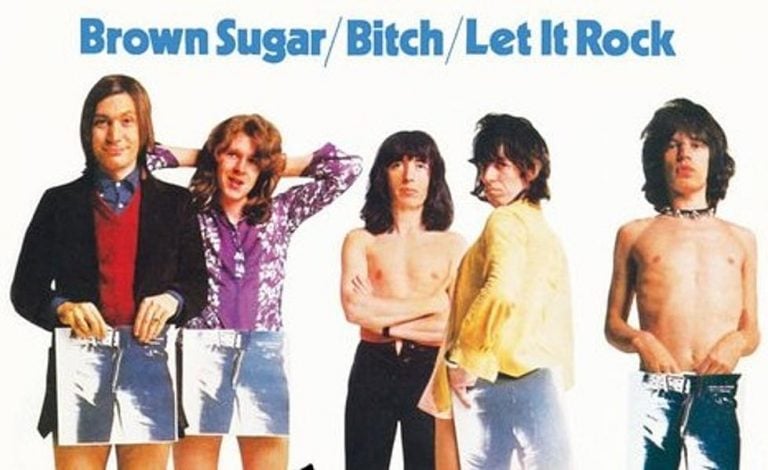The Rolling Stones have confirmed the band will omit their 1971 Sticky Fingers cut ‘Brown Sugar’ from future live performances.
The band recently sat down with the LA Times, in an interview that saw them muse on the legacy of the song, which has been criticized for fetishizing sex with Black women through allusions to slavery.
Mick Jagger has taken to altering the more indelicate lines (Gold coast slave ship bound for cotton fields / Sold in the market down in New Orleans / Scarred old slaver knows he’s doing alright / Hear him whip the women just around midnight) during performances. Jagger censored the name of the song, originally titled ‘Black Pussy,’ in 1969, after deciding it was too “nitty-gritty.”
In the LA Times profile, journalist Mikael Woods asked the Stones about the song’s omissions from recent performances, “You picked up on that, huh?,” said guitarist Keith Richads.
“I don’t know. I’m trying to figure out with the sisters quite where the beef is,” he said. “Didn’t they understand this was a song about the horrors of slavery? But they’re trying to bury it.”
Richards went on to admit that he didn’t want to get involved with the discourse and hopes that the song makes an appearance in future Rolling Stones setlists.
“At the moment I don’t want to get into conflicts with all of this shit. [laughs] But I’m hoping that we’ll be able to resurrect the babe in her glory somewhere along the track,” he said.
Love Music?
Get your daily dose of metal, rock, indie, pop, and everything else in between.
Jagger was far less forthcoming with his explanation on why the band decided to drop the song. “We’ve played ‘Brown Sugar’ every night since 1970, so sometimes you think, ‘We’ll take that one out for now and see how it goes,” he said.
“We might put it back in. The setlist in a stadium show, it’s kind of a tough one. We did ‘Let It Bleed’ last night, which I managed to play on 12-string guitar.”
Watch The Rolling Stones perform ‘Brown Sugar’



































